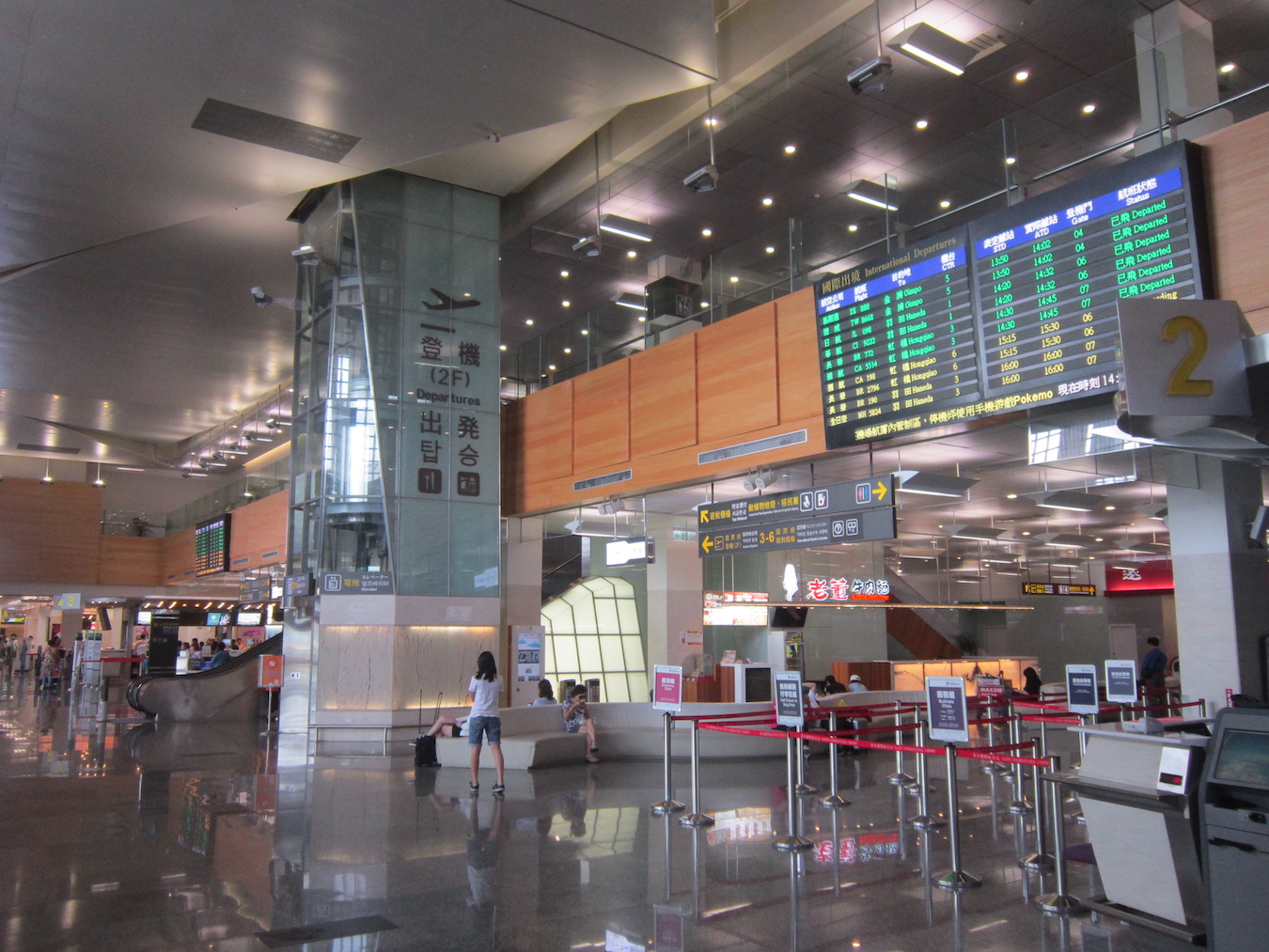by Brian Hioe
語言:
English
Photo Credit: Venation/WikiCommons/CC BY-SA 3.0
MIGRANT WORKERS and advocates demonstrated on February 20th outside of the Executive Yuan against what they framed as discriminatory policies for border restrictions and COVID-19, particularly for those that leave Taiwan to visit home or travel elsewhere and then return to continue working. Around fifty participated in the demonstration.
This proves worth remembering at a time when the Central Epidemic Command Center that heads Taiwan’s response to COVID-19 has shut down, with COVID-19 downgraded in importance. In March, the government announced that rules for migrant workers entering Taiwan would be loosened in response to the protest, but the issue proves one that is structural in nature. As such, it is worth noting the demonstration.
In particular, unlike white-collar workers, migrant workers employed in blue-collar fields do not have Alien Resident Certificates (ARC). Instead, when they leave the country, they have to apply for a re-entry permit. The re-entry permit designates a specific timeframe by which they need to re-enter Taiwan. This is to be contrasted with the relative ease by which ARC holders can leave or re-enter Taiwan at will, without any designated entry date.
Migrant workers were required to register with the Ministry of Labor’s “Entry And Departure of The Foreign Labor Airport Care Service” website three days before travel in order to be allowed to re-enter Taiwan. When registering on this website, they were required to provide proof that their accommodations during the self-health management period have a one-person bedroom and toilet. If they are unable to provide this, they would need to stay at a hotel. Individuals that do not register for a quarantine hotel in such cases would not be allowed to reenter Taiwan, This has been criticized as mandating quarantines for migrant workers but not other travelers, as well as that these measures are mostly performative, seeing as migrant workers are allowed outside to buy food with a negative COVID test.
 Photo credit: Padai/WikiCommons/CC BY-SA 4.0
Photo credit: Padai/WikiCommons/CC BY-SA 4.0
Apart from that this is discriminatory, migrant workers criticized the lack of flexibility with such protocols, too. When migrant workers miss their planes because of cancellations caused by inclement weather or other events outside of their control, this may mean that they are unable to return to Taiwan. As such, migrant workers have sometimes had to purchase new plane tickets in order to return to Taiwan if their re-entry permits expire, or to book new hotels.
To this extent, migrant workers have indicated cases of their employers or brokers being unwilling to go through the process to facilitate their returns to Taiwan. Those abandoned by their employers or brokers are put in the situation of having to find new jobs or face being forced to return to their home countries. Likewise, there have also been cases of migrant workers having the costs of their quarantines foisted upon them by their employers or brokers.
After the announcement in March, migrant workers would no longer need to upload the results of self-tests online, and only need to test if they have symptoms.
Migrant workers in Taiwan have faced discriminatory policies throughout the duration of the COVID-19 pandemic. Most widely reported on internationally may be when migrant workers were confined to their dormitories after clusters among electronics factory workers in Miaoli. Even after the clusters subsided, migrant workers continued to be confined to their dormitories.
Furthermore, migrant workers were profiled by police during the pandemic. Police frequently carried out spot checks of individuals suspected to be migrant workers for their ID documentation, detaining them if they did not have this on them, such as if they had just stepped out to take the garbage. The attitude of law enforcement, as well as much of Taiwanese society, seemed to be that migrant workers were a group disproportionately susceptible to spreading COVID-19 through their lifestyle habits.
Employer organizations sought to restrict the ability of migrant workers to transfer employment using the pandemic as a justification for doing so, even when they had no legal grounds for such actions. But later on, the Tsai administration sought to restrict the ability of migrant workers to change employment by mandating that this take place through government-run agencies. The government likely hoped to maintain control of employment transfers.
One notes that such border regulations, more generally, continue to ensure that employers and brokers exercise significant power over migrant workers. Apart from that migrant workers already owe exorbitant fees to the brokers that arrange for their transportation to and from Taiwan, as well as employment in Taiwan, this simply increases the amount of debt that they have. And the Tsai administration has seen fit to make residency programs for migrant workers contingent on permission from their employers. One expects these issues of structural discrimination facing migrant workers to continue.

